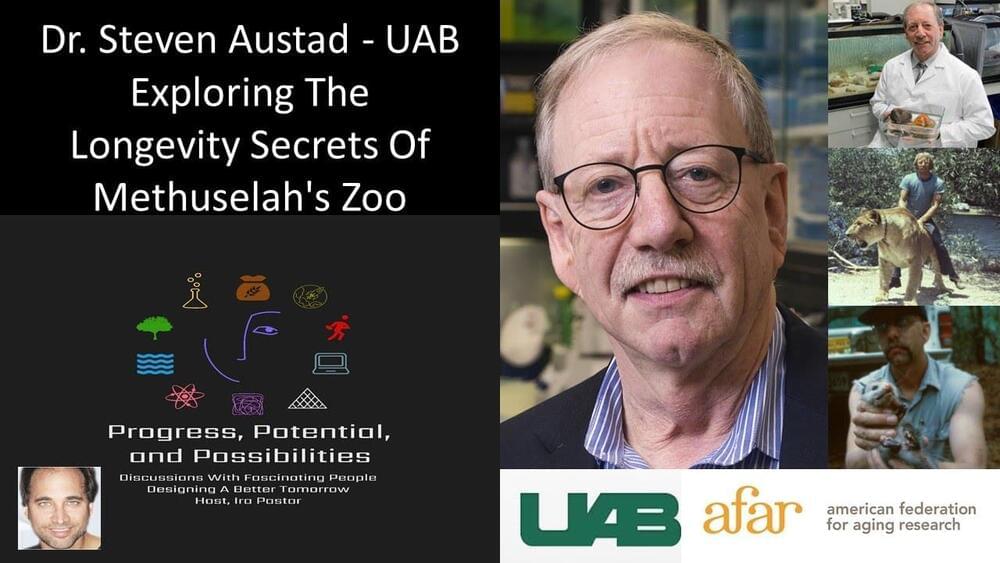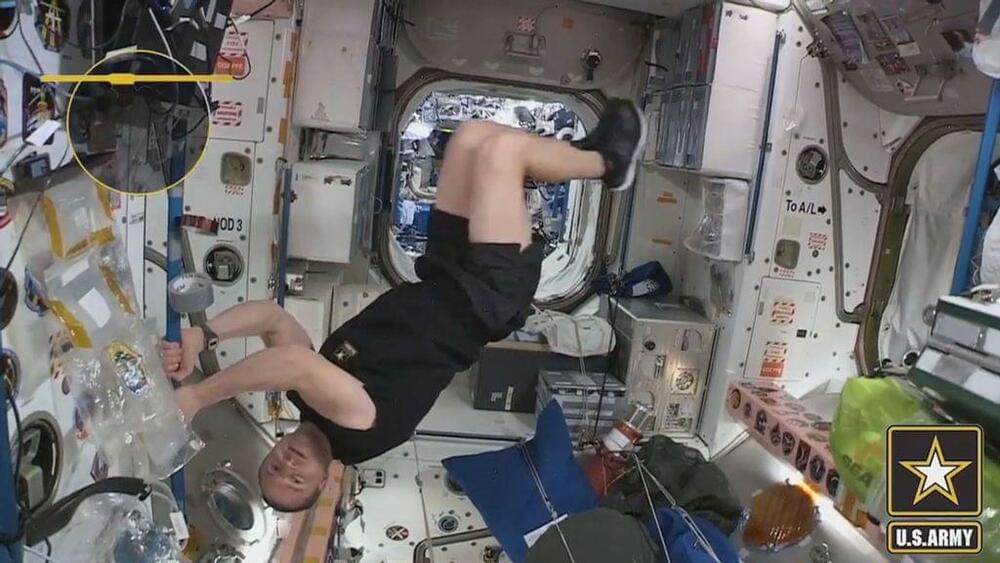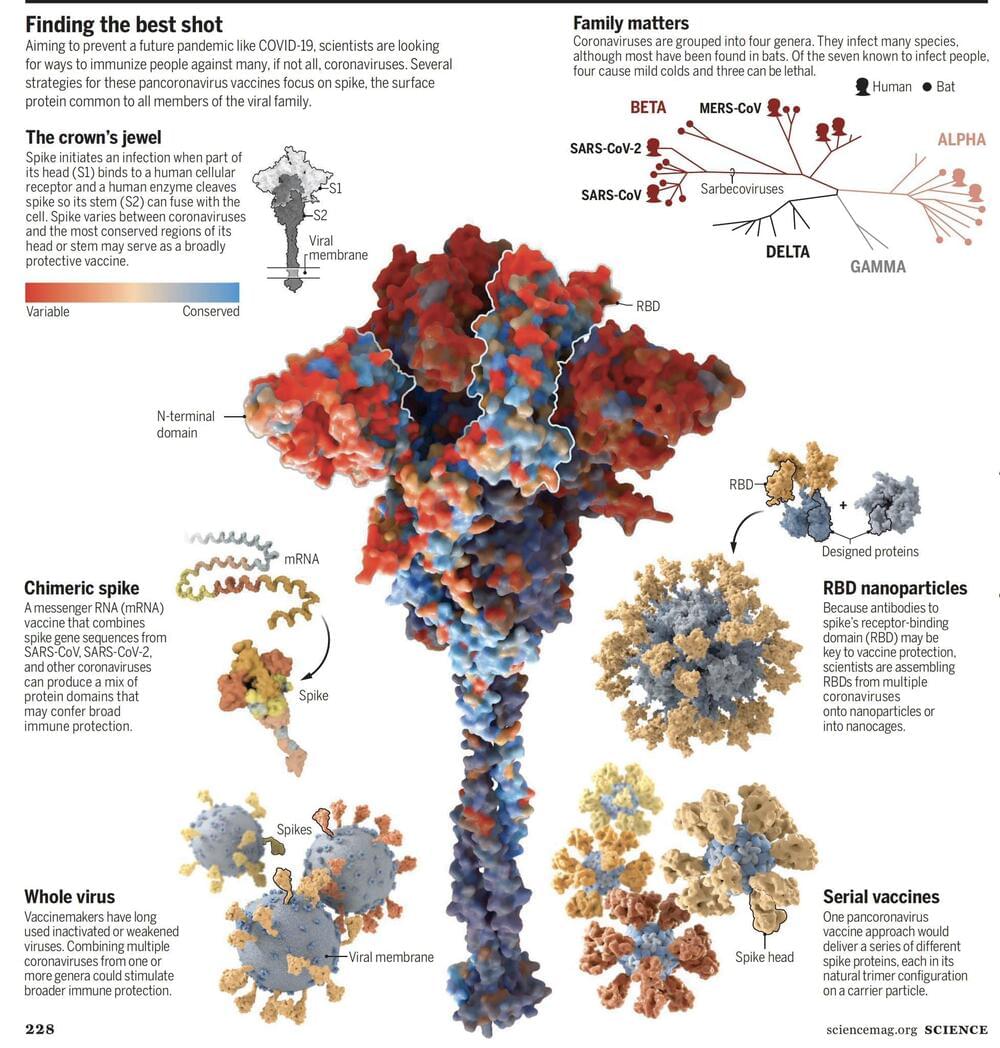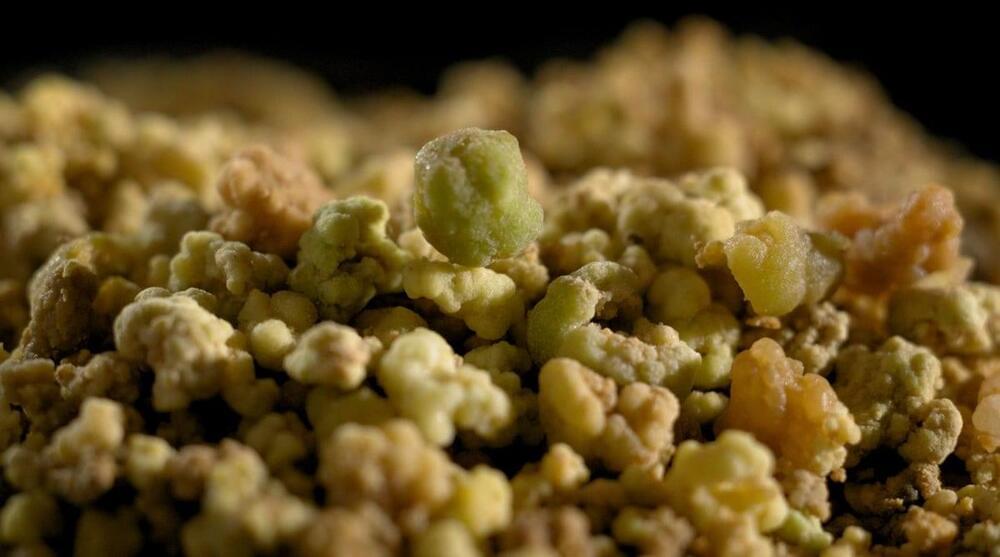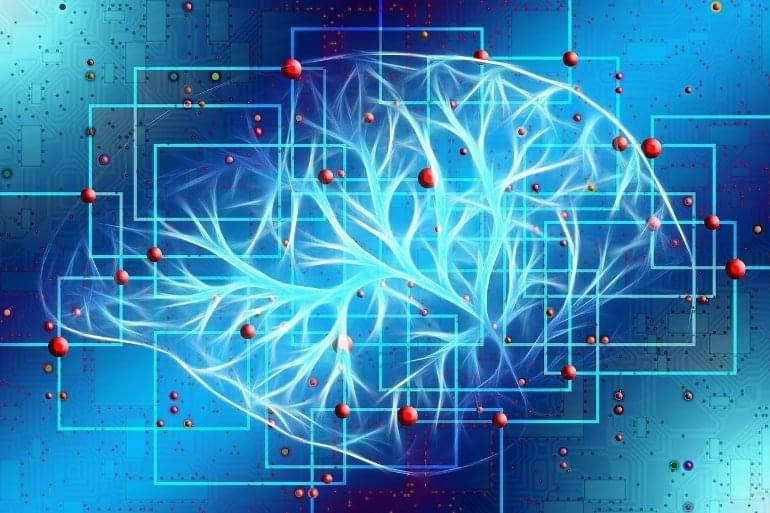Dec 9, 2021
Sophia the Robot will be mass-produced this year
Posted by Shubham Ghosh Roy in categories: biotech/medical, robotics/AI
Since then, Sophia has spoken to audiences across the globe (in multiple languages), been interviewed on countless TV shows, and even earned a United Nations title (a first for a non-human).
Today, she’s arguably the most famous robot in the world, but she’s isn’t going to be unique for much longer. Her maker, Hanson Robotics, has announced plans to begin mass-producing Sophia the robot this year — so that she can help the world cope with the pandemic.

